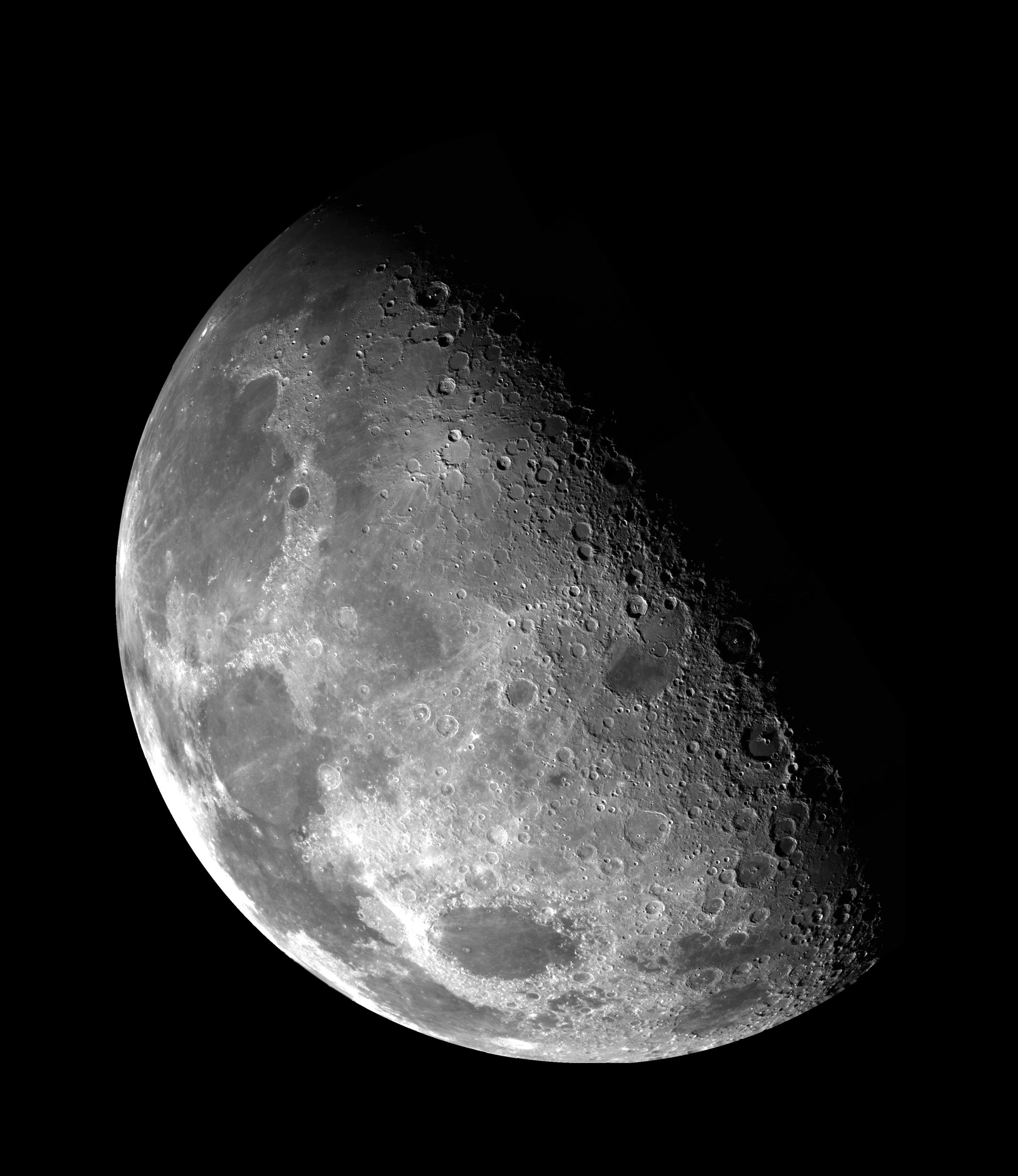Gnosticism and Judaism: Exploring the Ancient Connections and Perspectives
When discussing the history of religious movements and philosophies, few can match the significance and influence of both Gnosticism and Judaism. Both these ancient traditions have left an indelible mark on religious thought and continue to be topics of fascination for scholars and seekers. While they are distinct in their origins and beliefs, there are intriguing points of intersection between Gnosticism and Judaism that offer valuable insights into their respective worldviews. In this comprehensive exploration, we will delve into the origins, beliefs, and connections between these two profound traditions.
The Origins of Gnosticism
Gnosticism originated in the Hellenistic period of the Mediterranean and Middle East, flourishing around the 2nd to 3rd centuries CE. The term “Gnosticism” itself is derived from the Greek word “gnosis,” which means “knowledge” or “insight.” Gnostics were known for their emphasis on hidden knowledge or secret teachings that lead to salvation.
While Gnosticism exhibits diverse beliefs and practices, scholars generally agree on some core concepts that define the movement. Gnosticism views the material world as flawed and, in some cases, even evil. The divine realm, often represented by multiple layers of lesser deities known as “aeons,” is considered to be the true source of spiritual enlightenment and liberation from the constraints of physical existence.
Gnostics believe that humans possess a divine spark, or a “divine spark of light,” that is trapped within the material world. This divine spark can be awakened through the acquisition of secret knowledge, leading to spiritual liberation and reunion with the divine realm.
Judaism: Foundation of Monotheism
Judaism, in contrast to Gnosticism, is one of the oldest monotheistic religions in the world. Dating back several millennia, Judaism emerged as the foundation of Abrahamic faiths, including Christianity and Islam. At the core of Judaism lies the belief in the one true God, Yahweh, who is both transcendent and immanent.
Judaism places a strong emphasis on covenantal relationships between God and His chosen people, specifically through the Jewish nation. The Torah, comprising the first five books of the Hebrew Bible, serves as the foundational text, outlining moral and ethical principles that guide Jewish life.
Throughout its history, Judaism has evolved through different periods and schools of thought, including Pharisaic/Rabbinic Judaism, mysticism (as seen in Kabbalah), and various cultural expressions in different regions.
Gnostic Influences on Jewish Thought
While Gnosticism and Judaism developed independently, historical evidence suggests that Gnostic ideas may have influenced certain Jewish groups and sects during the time of the Second Temple period. These influences are most notably seen in texts such as the Dead Sea Scrolls and certain apocalyptic literature.
The Dead Sea Scrolls, discovered in the mid-20th century, shed light on a Jewish sect known as the Essenes. This group, which likely practiced an ascetic and communal lifestyle, produced texts that exhibit echoes of Gnostic ideas. For example, the concept of being divine sparks trapped in a material world can be found in some of their writings.
Additionally, certain elements of Jewish apocalyptic literature, such as the Book of Enoch, depict visionary journeys and heavenly realms that parallel Gnostic cosmological concepts. These shared themes suggest cross-pollination of ideas between Gnosticism and Judaism during this period of religious ferment.
Gnosticism in Early Christianity
While it is important to note that Gnosticism predates Christianity, the two traditions encountered each other in various ways. During the early centuries of the Common Era, many Gnostic ideas found their way into Christian thought, resulting in the emergence of Gnostic Christian sects.
Gnostic Christians believed that Jesus was not simply a divine figure but also a revealer of secret knowledge or gnosis. They often interpreted the teachings of Jesus through a Gnostic lens, focusing on themes such as the fallen state of the material world and the liberation of the divine spark within humans.
Early Church Fathers, such as Irenaeus and Tertullian, vigorously opposed Gnosticism, considering it heretical and deviating from orthodox Christian teachings. Their writings and condemnations influenced the early development of Christian doctrine, which ultimately led to Gnosticism being labeled as a heresy.
Points of Intersection and Divergence
Despite the differences between Gnosticism and Judaism, there are intriguing points of intersection that illuminate both traditions. Both share an interest in acquiring knowledge and in understanding the divine nature of humanity. Gnostic themes of liberation, salvation, and redemption also find resonance within certain Jewish mystical traditions, most notably in Kabbalah.
However, Gnosticism’s rejection of the material world as inherently evil starkly contrasts with Judaism’s affirmation of the goodness of creation. Jewish thought emphasizes the sanctity of life, ethical behavior, and the responsibility to repair the world (tikkun olam) as integral parts of religious practice.
Conclusion
Exploring the connections between Gnosticism and Judaism offers valuable insights into the complexities of religious thought and the interconnectedness of ancient traditions. While Gnostic ideas may have influenced certain Jewish groups during the Second Temple period, Judaism remained distinct in its emphasis on monotheism, covenantal relationships, and ethical living.
Today, Gnosticism and Judaism continue to captivate scholars and seekers alike, contributing to the ongoing quest for spiritual understanding and meaning. By appreciating their unique perspectives and shared themes, we can deepen our understanding of the rich tapestry of human religious experience.
References:
- https://www.britannica.com/topic/Gnosticism
- https://www.ancient.eu/Gnosticism/
- https://www.jewishvirtuallibrary.org/judaism
- https://www.britannica.com/topic/Judaism
- https://www.britannica.com/topic/Kabbala
- https://www.britannica.com/topic/Essene
Table of Contents
